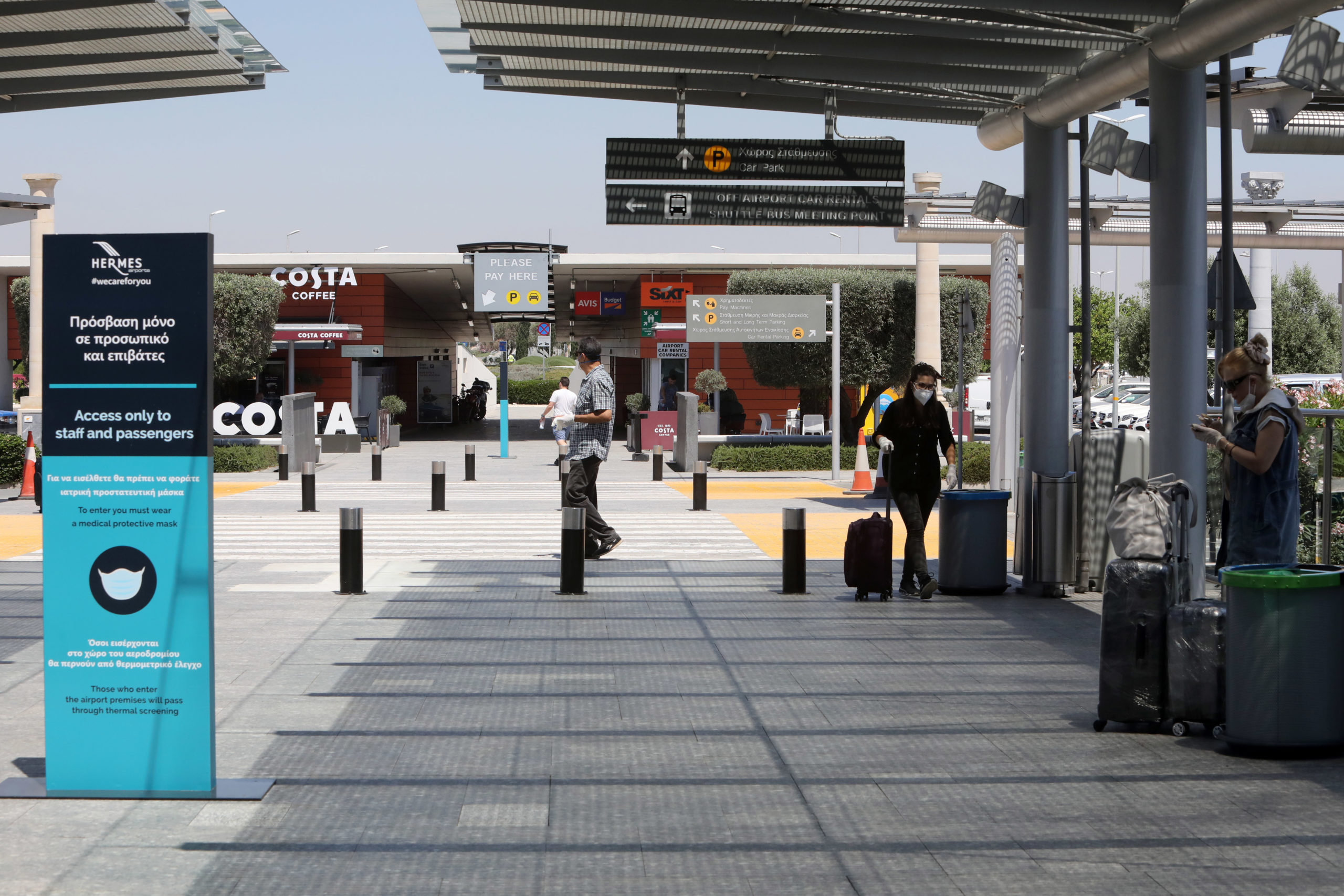Flights to Cyprus from the UK will probably not be allowed until August as coronavirus cases in the country spike with the British government introducing local COVID-19 lockdowns, say experts.
In comments to the Cyprus News Agency, assistant professor in infectious disease control at the European University, Constantinos Tsioutis, said he does not see Britain making the cut in the next few weeks.
“Whether visitors from the UK will be allowed entry to Cyprus will depend on epidemiological data. As things stand today, it would be very difficult for the UK to make it into one of the two categories of countries allowed entry in the upcoming weeks,” said Tsioutis.
He believes the most likely scenario will see the UK allowed entry sometime at the end of July or early August with the country being slated in Category B – requiring tourists to take a COVID-19 test before arrival.
“In case the decision to allow visitors from the UK is taken to strengthen tourism, additional measures may have to be taken.”
Tsioutis, a government advisor on the pandemic, was referring to more coronavirus tests carried on passengers from the UK.
Asked if he is concerned that the majority of new Cyprus cases are imported, he said daily cases was to be expected.
“The increase should help to keep us on our toes, sticking with measures in place at the moment. I am referring to random checks (at airports) and the categorisation of countries allowed entry.
That is why a specialist team was set up to advise the ministry on a daily basis over the epidemiological data of countries.”
Another advisor to the government on coronavirus, virologist Leontios Kostrikis, expressed concerns over visitors from Category A countries like Greece who don’t need to present a COVID-19 negative test.
“We must be more careful with the way we handle the arrival of tourists from countries considered to be of low risk – such as Greece – as authorities do not perform a large number of diagnostic tests, so the epidemiological image is not entirely clear”.
He said Greece and Israel were doing far fewer COVID-19 tests than Cyprus in relation to their population.
“This means that countries like ours had a clearer picture of the situation before them regarding the transmission rate of the virus.”
Kostrikis said that Cyprus must be careful when selecting countries to be allowed entry.
He referred to the example of a flight from Bulgaria earlier in June, where two passengers were found positive to the virus after being randomly tested at the airport upon their arrival.
At the time, Bulgaria was considered to be of low risk but was demoted following the incidents.
Category A, low-risk countries: Australia, Austria, Croatia, Czech Republic, Denmark, Estonia, Finland, Germany, Greece, Switzerland, Japan, Hungary, Iceland, Latvia, Liechtenstein, Lithuania, Luxembourg, Malta, Norway, Slovakia, Slovenia and South Korea.
Category B countries with increased risk: Bulgaria, Belgium, France, Ireland, Israel, Italy, Lebanon, Jordan, Holland, Spain, Poland, Romania, Serbia and the United Arab Emirates.










